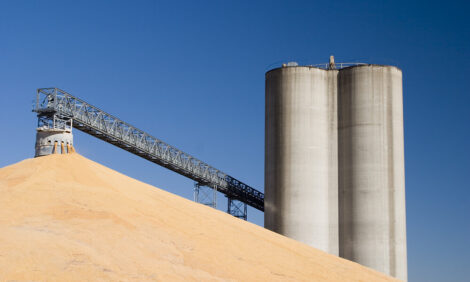



Tyson Announces New Welfare Audit Programme
US - Tyson Foods has announced it is launching a programme to personally audit the treatment of animals at the livestock and poultry farms that supply the company. The effort is in line with the company’s core value to serve as a steward of the animals entrusted to it.“Our company is made up of ethical, responsible and compassionate people, and we believe the family farmers who supply us share our values,“ said Donnie Smith, president and CEO of Tyson Foods.
“We know more consumers want assurance their food is being produced responsibly, and we think two important ways to do that are by conducting on-farm audits while also continuing to research ways to improve how farm animals are raised.“
“Here’s what I want people to know: at Tyson, we care enough to check on the farm; and we’re determined to help find better ways to care for and raise healthy animals,“ said Mr Smith.
Tyson currently works with more than 12,000 independent livestock and poultry farmers. This includes 5,000 family poultry farmers, 3,000 family hog farmers and 4,000 family cattle farmers. The company has long been an industry leader in animal welfare, employing more than a dozen veterinarians and maintaining an Office of Animal Well-being since 2000.
“We believe the farmers who supply us are the best in the world, and I think the audits will verify this,“ Mr Smith said. “But, if we find problems, we want them fixed right away. To our knowledge, no other major US meat or poultry company offers this kind of service to its farmers, customers and consumers.“
Commenting on this announcement, The Humane Society of the United States president and CEO, Wayne Pacelle said: “Audits are valuable if farm inspectors ask the right set of questions. We’ve not suggested that Tyson contractors are denying food to animals or intentionally abusing them, but that they are denying them enough space to even turn around. Tyson’s announcement would mean more if the company was getting its pork from farmers who do not confine sows in crates that immobilise the animals.“








